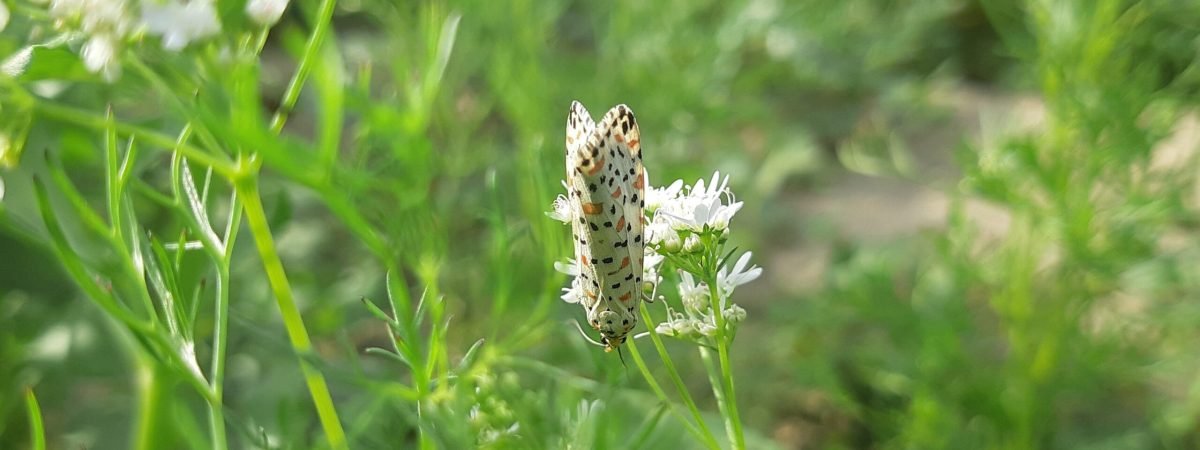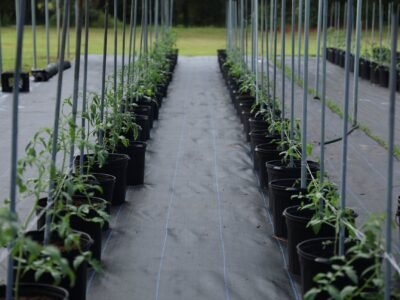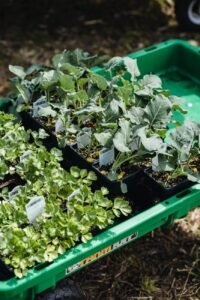Introduction:
Welcome to Garden Pests 101! In this blog post, we will discuss how to identify and manage common intruders that can wreak havoc on your beautiful garden. Dealing with pests can be frustrating, but with the right knowledge and strategies, you can protect your plants and enjoy a thriving garden.
Identifying Garden Pests:
Before we can effectively manage garden pests, it’s important to be able to identify them. Here are some common intruders you may encounter:
1. Aphids:
Aphids are small, soft-bodied insects that can be found on the undersides of leaves. They come in various colors and can reproduce rapidly. Aphids feed on plant sap, causing leaves to curl and turn yellow.
2. Slugs and Snails:
Slugs and snails are nocturnal pests that leave behind slimy trails. They feed on plant leaves, stems, and fruits, often causing irregular holes and damage. They thrive in moist environments, so keeping your garden dry can help deter them.
3. Caterpillars:
Caterpillars are the larval stage of butterflies and moths. They can be identified by their soft bodies and chewing mouthparts. Caterpillars feed on leaves, often leaving behind large holes or skeletonized foliage.
4. Deer:
Deer can cause significant damage to gardens, especially in rural areas. They feed on a wide range of plants and can quickly decimate your garden if not properly managed. Installing a fence or using deer repellents can help keep them away.
Managing Garden Pests:
Now that we can identify common garden pests, let’s explore some effective strategies to manage them:
1. Natural Predators:
Encourage natural predators, such as ladybugs, lacewings, and birds, to visit your garden. These beneficial insects and animals feed on pests and can help keep their populations in check. Planting flowers that attract them can be a great way to attract these helpful allies.
2. Physical Barriers:
Using physical barriers, such as netting or row covers, can protect your plants from pests like birds, rabbits, and deer. These barriers create a physical barrier that prevents pests from reaching your precious plants.
3. Organic Pest Control:
Consider using organic pest control methods, such as insecticidal soaps, neem oil, or homemade remedies like garlic spray. These options are safer for the environment and can effectively control pests without harming beneficial insects.
4. Crop Rotation:
Rotate your crops each season to disrupt pest life cycles. Pests often target specific plants, so by moving them to different areas of your garden, you can reduce the risk of infestations. This practice also helps maintain soil health and fertility.
5. Proper Garden Maintenance:
Maintaining a clean and healthy garden can deter pests. Remove weeds regularly, as they can harbor pests. Also, regularly inspect your plants for any signs of infestation and take prompt action to prevent the problem from spreading.
Conclusion:
Garden pests can be a nuisance, but with the right knowledge and management strategies, you can protect your plants and enjoy a thriving garden. By identifying common intruders and implementing effective pest control methods, you can create a pest-free environment for your plants to flourish. Remember, prevention is key, so stay vigilant and take action at the first sign of trouble. Happy gardening!















